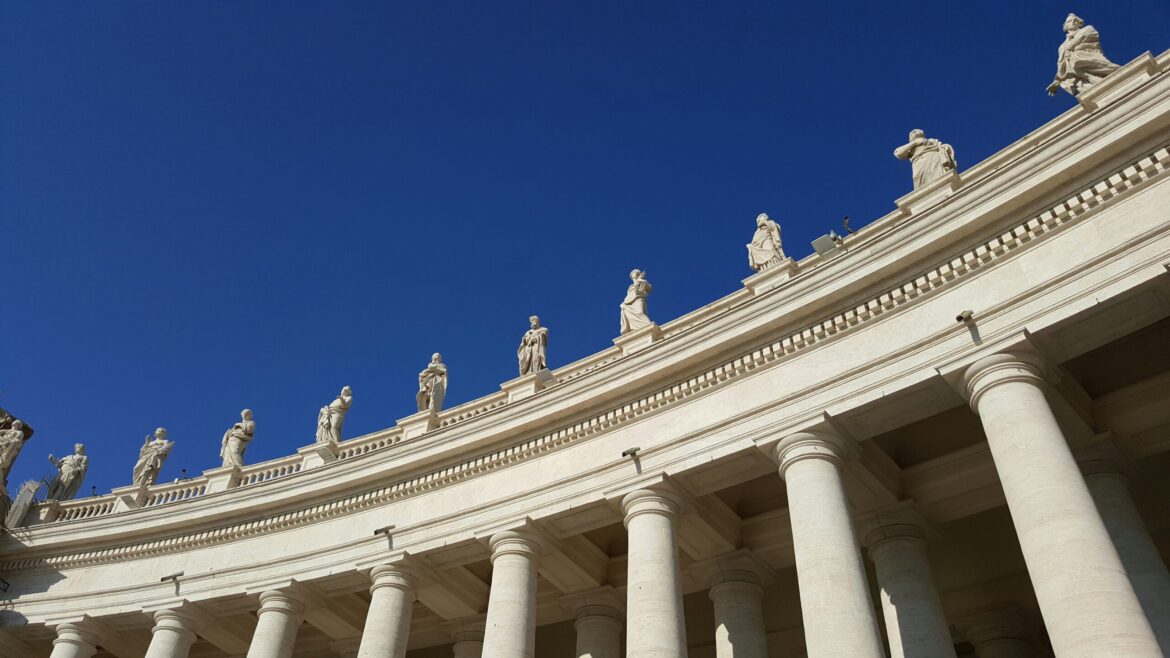A landmark decision by the U.S. Supreme Court regarding religious freedom is poised to have significant, far-reaching implications for businesses, schools, and government entities across the nation. The Court ruled in favor of a Christian business owner who challenged a state mandate requiring employers to provide contraceptive coverage as part of their healthcare plans. The case, which has drawn considerable attention from conservative groups, is being hailed as a victory for religious liberty and the protection of personal beliefs in the workplace.
The ruling centers around a crucial issue: whether business owners should be required to adhere to state mandates that conflict with their religious or moral beliefs. In this instance, the Christian business owner argued that being forced to provide contraceptive coverage in healthcare plans infringed on their religious convictions, which prohibit the use of contraception. The Court’s decision sided with the business owner, affirming the right of individuals and businesses to exercise their religious beliefs in their professional operations, particularly when these beliefs clash with certain government mandates.
“This is a monumental win for religious freedom,” said Justice Clarence Thomas, who authored the majority opinion in the case. In his statement, Justice Thomas emphasized that the First Amendment guarantees all Americans the right to freely practice their faith without government interference. He argued that the ruling reinforces the fundamental principle that personal and religious beliefs should not be overridden by governmental policies, particularly when those policies infringe on an individual’s deeply held convictions.
The Supreme Court’s ruling is expected to have broad consequences for businesses across the nation. The decision essentially sets a legal precedent that could empower other businesses and employers to challenge government mandates that conflict with their religious beliefs, particularly in areas like healthcare, education, and employee rights. The case has already sparked discussions among legal scholars and policymakers about the future balance between government regulations and the protection of religious freedom in the workplace.
Conservative groups, who have been vocal in advocating for greater religious freedom protections, are celebrating the Court’s decision as a major victory. For these groups, the ruling represents a clear affirmation of the principle that religious beliefs should not be compromised by government intervention. Many see this decision as a powerful statement that supports the right of individuals and businesses to make moral and ethical decisions based on their faith.
“This ruling affirms the basic right to religious liberty in the workplace,” said Sarah Sanders, a spokesperson for a major conservative religious freedom organization. “It underscores the importance of allowing people to live and work according to their deeply held beliefs without being forced to compromise.”
However, critics of the decision argue that it may open the door for discrimination or inequitable treatment of employees. Opponents contend that businesses should be required to comply with certain government mandates—such as providing healthcare coverage for contraceptives—regardless of religious objections, especially if those mandates are seen as crucial for public health and gender equality. They warn that the decision could result in employees, particularly women, losing access to essential healthcare services that are currently protected under existing laws.
The ruling is also expected to have a lasting impact in states where progressive policies have been implemented, particularly in relation to healthcare coverage and employee rights. In these states, where mandates for contraceptive coverage and other healthcare services are part of broader efforts to provide equitable benefits, the decision could embolden other business owners to challenge similar state-level mandates.
Looking ahead, this Supreme Court ruling could serve as a catalyst for further legal challenges to government policies, especially in states with more liberal policies on issues related to reproductive rights, gender equality, and religious freedoms. Legal experts predict that businesses and religious organizations will increasingly turn to the courts to protect their religious rights, potentially leading to more cases that test the limits of government intervention in matters of personal belief.
As the debate over religious freedom in the workplace continues to evolve, this decision is likely to shape future discussions about the role of faith in the public sphere. While some view it as a victory for religious liberty, others are concerned about its potential implications for workplace equality and employee protections.

